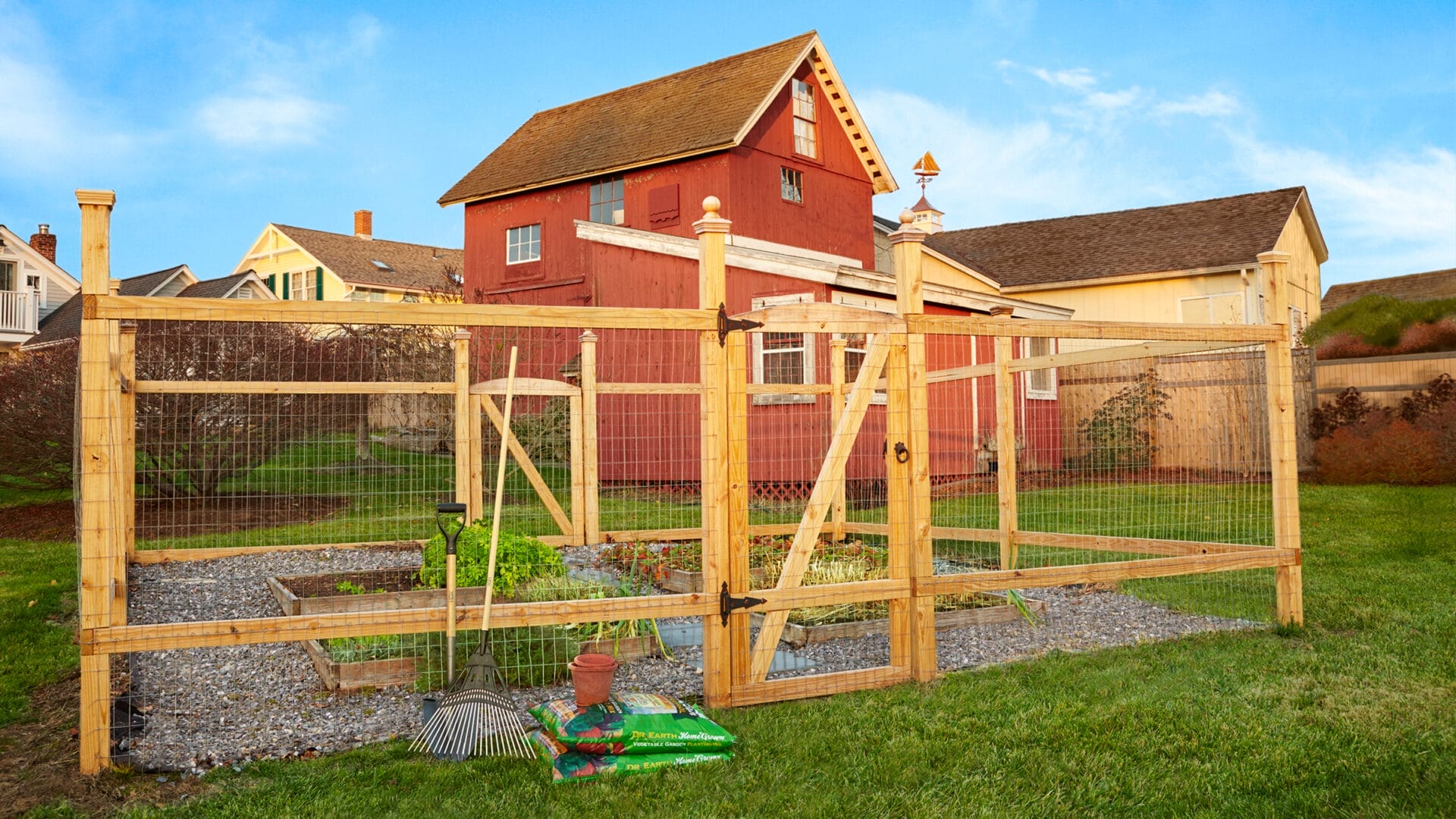If you’re like most people, you probably don’t think about the health of your trees all that often. After all, they’re sturdy and seem to thrive no matter what we do to them, right? Unfortunately, that’s not always the case. We do several daily things that are slowly killing our trees. This blog post will discuss some of those things and offer tips for protecting trees.
Staking/Guying A Tree Too Much

Staking is attaching a tree to support it to keep it from toppling. Guying is similar, but instead of attaching the tree to a solid object, you attach it to something that can move, like a rope or cable. While both methods can be helpful in certain situations, doing it too often or for too long can damage the tree. This is because it prevents the tree from swaying in the wind, a natural and necessary process for its growth. If you must stake or guy your tree, be sure to do it sparingly and for only a short period.
Pruning Them Wrong
We all know that pruning is necessary for the health of our trees. However, did you know there is a right and a wrong way to do it? Improper pruning can damage the tree and even kill it. When pruning, be sure only to remove dead, diseased, or damaged branches. Also, avoid cutting too much off at once, as this can shock the tree. If you’re unsure how to prune your tree correctly, it’s best to consult a professional.
We cannot count the number of times people have done this, which will probably continue. Trees have different pruning requirements depending on the species, so it’s essential to research before you start chopping away. Some trees should only be pruned in the late winter or early spring, while others can be pruned at any time. Pruning your tree in the wrong season can damage and even kill it, so be sure to know when is the best time to prune it.
Mulching Too Deep
Mulch is a great way to protect your trees from weeds, pests, and extreme temperatures. However, applying it too thickly or too close to the tree’s trunk can do more harm than good. When mulching, apply a thin layer (no more than two or three inches) and keep it at least six inches away from the tree’s trunk.
Hanging Bird Feeders with Screws or Nails

Bird feeders are a great way to attract feathered friends to your yard. However, they can also damage your trees if you’re not careful. When hanging bird feeders, use hooks or hangers that won’t damage the tree. Screws and nails can cause serious injury to the tree, so avoid them if at all possible.
Filling Tree Cavities With Concrete
Tree cavities can occur for various reasons, including damage from storms, insects, or disease. Tree cavities are essential for the tree’s health, providing aeration and drainage. While filling these cavities with concrete may seem like a good idea, doing so can kill the tree. If you fill them with concrete, you’re essentially suffocating the tree. If you have a tree with a cavity, it’s best to consult a professional to see the best course of action.
Using Herbicides & Pesticides
Herbicides and pesticides can help keep your trees healthy. However, using them too often or incorrectly can damage the tree. When using these products, follow the directions carefully and only use them when necessary.
Planting Closely
This one might seem a no-brainer, but you’d be surprised how often people do it. Planting too many plants or trees in one area can crowd them and prevent them from getting the sunlight, water, and nutrients they need to survive. When planting trees, leave enough space between them so they have room to grow.
Covering the Roots
The roots of a tree are as crucial as trunks and branches. They provide support and stability and help the tree to absorb water and nutrients. If you build on or cover the roots of a tree, you’re essentially suffocating it. This can damage the tree and even kill it. If you must build on or near a tree’s roots, consult a tree professional first.
Salting Near The Tree
Salting your driveway or sidewalk in the winter is a necessary evil. However, if you do it too close to the tree, the salt can damage the roots and kill the tree. When applying salt, keep it at least six inches away from the tree’s trunk. Also, avoid using more than you need – a little goes a long way.
A Few Final Words
What kills and doesn’t kill your trees is something that you need to consider. While some of these things may seem innocuous, they can cause severe damage to your trees. Be sure to take care when doing anything that could harm your trees, and always consult a professional if you’re unsure about something. Thank you for reading this article on Green House Center! I hope that you like it and let me know all the comments/ questions in the comment section below.
The post Things That Are Slowly Killing Your Trees appeared first on Green House Center.






